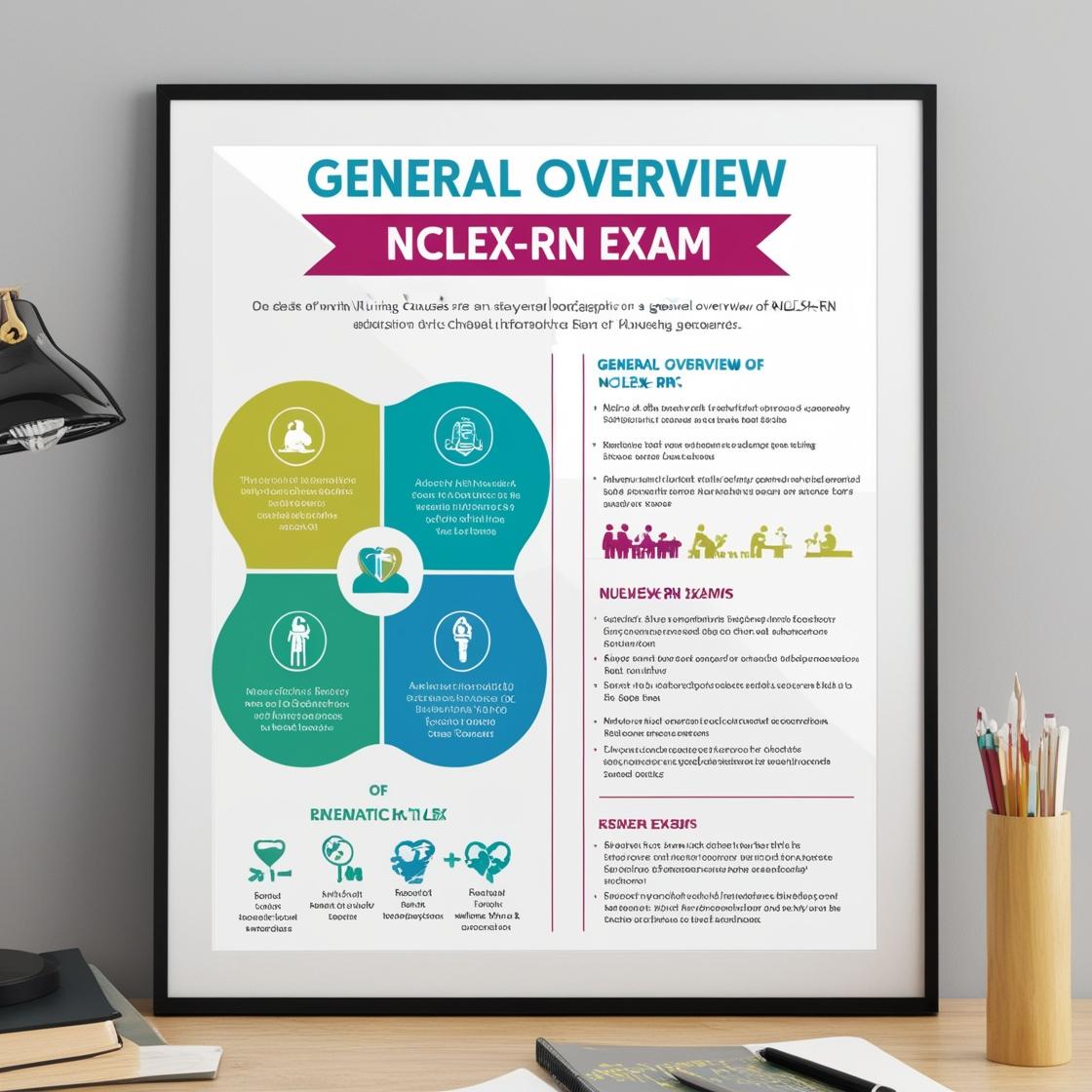NCLEX-RN
Psychosocial Integrity NCLEX Questions
1. When assessing an older adult, which vital sign changes would the nurse recognize as occurring with aging?
- A. Increase in pulse rate
- B. Widened pulse pressure
- C. Increase in body temperature
- D. Decrease in diastolic blood pressure
Correct answer: B
Rationale: When assessing an older adult, the nurse should be aware that with aging, systolic blood pressure tends to increase, resulting in widened pulse pressure. While in many older individuals both systolic and diastolic pressures increase, the pulse rate and body temperature typically do not increase with aging. Therefore, the correct answer is widened pulse pressure. Choices A, C, and D are incorrect because pulse rate does not necessarily increase with age, body temperature generally remains stable, and diastolic blood pressure may increase instead of decreasing in many older adults.
2. When attempting to incorporate the Latino client's cultural background into the plan of care, which consideration is the most important?
- A. Socioeconomic considerations regarding hospitalization
- B. The meaning and attention the client places on the future
- C. The client's need to control care to ensure desired outcomes
- D. Inclusion of the family in the plan of care with the client's permission
Correct answer: D
Rationale: The most important consideration when incorporating the Latino client's cultural background into the plan of care is the inclusion of the family in the care plan with the client's permission. In Latino cultures, family plays a vital role, and there is a strong emphasis on family support during challenging times. This support can positively impact the client's health outcomes and overall well-being. Socioeconomic status, although relevant, does not carry more weight than usual in healthcare decisions. Latino clients typically focus on the present rather than the future, and they often attribute outcomes to external factors like fate or divine intervention. While the client's need for control is important, involving the family aligns more closely with the cultural values and preferences of Latino clients.
3. Which of the following examples indicates that the nurse is giving recognition as a form of therapeutic communication?
- A. You need to take your medicine now, Adam.
- B. Jill, your father is trying to make amends with you.
- C. The physician wants to meet with you and your husband, Amy.
- D. Linda, you brushed your hair this morning.
Correct answer: A
Rationale: Recognition is a form of therapeutic communication in which the nurse points out a positive aspect of the client's behavior. Noting that a client brushed her hair herself indicates that the nurse recognizes the client's attempts at self-care. This recognition shows the client that the nurse is paying attention and may be open to further communication. Choices A, B, and C do not demonstrate recognition. Choice A focuses on a directive statement, Choice B involves informing the client about a situation without acknowledging their actions, and Choice C informs the client about a meeting without providing recognition for any behavior.
4. A mother complains to the nurse that her 3-year-old child refuses to go to preschool. The child rarely interacts and avoids playing with other children. Which statement would the nurse provide?
- A. Do not be concerned because all toddlers behave this way.
- B. Ask the teacher to push the child to speak up and open up to the other kids.
- C. Set boundaries and supervise the child closely.
- D. Give your child time to get acquainted and warm up to the new environment.
Correct answer: D
Rationale: According to the mother's description, the child is a slow-to-warm-up child. These children are uneasy in new situations or with unfamiliar people. The nurse would educate the mother to give the child time to be more familiar with the new environment. All toddlers do not behave in the same manner. A slow-to-warm-up child should not be pressured to do anything against his or her wishes. Setting boundaries and closely supervising the child is not the best approach for a child who needs time to adapt. Asking the teacher to push the child to open up can create more anxiety and stress for the child, which is not recommended.
5. The client is in the withdrawal phase of adjusting to the change in body image. Which reaction cues the nurse to realize this when caring for a client who has lost an arm in a motor vehicle accident?
- A. The client is going through a grieving period.
- B. The client talks as if another person is affected.
- C. The client is willing to learn techniques to adapt.
- D. The client recognizes the reality and becomes anxious.
Correct answer: D
Rationale: In this scenario, the client's recognition of the reality and subsequent anxiety cues the nurse that the client is in the withdrawal phase of adjusting to the change in body image. During this phase, the client may refuse to discuss the change and may use withdrawal as a coping mechanism. The grieving period typically occurs during the acknowledgement phase, where the client and family come to terms with the change in physical appearance. Initially, shock and depersonalization may lead the client to talk as if another person is affected by the change. Finally, in the rehabilitation stage, the client is ready to learn techniques to adapt to the change, such as through the use of prosthetics or modifying lifestyles and goals.
Similar Questions

Access More Features
NCLEX RN Basic
$69.99/ 30 days
- 5,000 Questions with answers
- Comprehensive NCLEX coverage
- 30 days access @ $69.99
NCLEX RN Premium
$149.99/ 90 days
- 5,000 Questions with answers
- Comprehensive NCLEX coverage
- 30 days access @ $149.99
